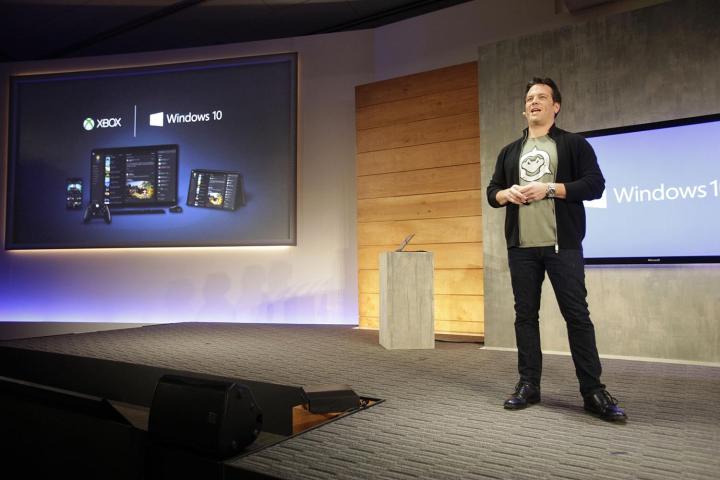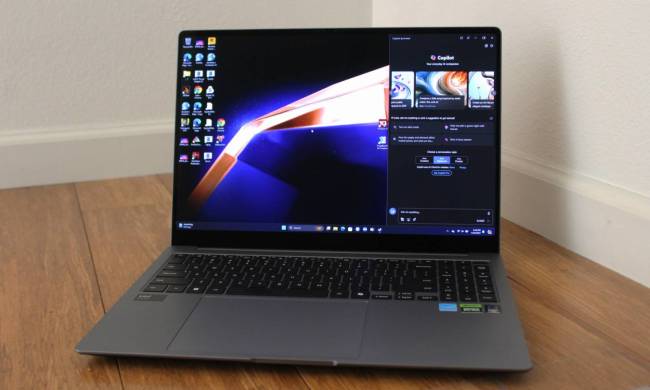
Spencer specified that moving forward, Xbox will be more about gaming across all Windows 10 devices, in addition to the Xbox One console itself. This means you’ll soon be able to play your Xbox games on Windows PCs, tablets, phones and the HoloLens.
The Xbox head went on to say that he wants people to be able to stream games on multiple platforms, as well as “break down the walls” between the different platforms. However, he noted that there will still be PC-exclusive titles released by Microsoft, as certain games are more optimized for other platforms.
Spencer was also asked in the interview about the games released for Windows Live, which notably impacted Microsoft’s reputation among PC gamers. He acknowledged that the company made promises to developers and consumers that were “not lived up to.” However, he finished by saying that his team has “never committed more resources” to making Windows optimal for both gamers and developers than now.
Xbox One gaming consoles start at $349, but if gamers will be able to play their favorite titles on any Windows device, the need for a console may diminish. Microsoft has announced that it will begin rolling out Windows 10 on tablets and PCs on July 29.


